2020-2021 Honorees
2020-2021 National Women’s History Alliance Honorees
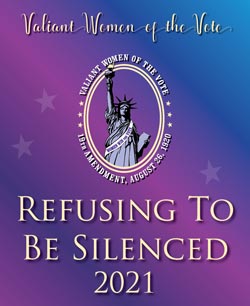 The theme for 2021 National Women’s History Month captures the spirit of these challenging times. Since most 2020 women’s suffrage centennial celebrations were curtailed, the National Women’s History Alliance is extending the annual theme for 2021 to “Valiant Women of the Vote: Refusing to Be Silenced.”
The theme for 2021 National Women’s History Month captures the spirit of these challenging times. Since most 2020 women’s suffrage centennial celebrations were curtailed, the National Women’s History Alliance is extending the annual theme for 2021 to “Valiant Women of the Vote: Refusing to Be Silenced.”
The National Women’s History Alliance is determined that the important roles of multicultural suffragists and voting rights activists continue to be recognized and honored. We refuse to allow their voices to be silenced, even by a pandemic.
Many organizations have already rescheduled and extended their centennial events into 2021. With national attention moving on, 2021 will particularly recognize the remarkable new research, grassroots political activity, and artistic developments in every state.
These deepen our understanding and shine a brilliant new light on local women’s political involvement, development, and leadership. Despite tremendous opposition, they refused to be silenced.
LIVING HONOREES

Maria Teresa Kumar
CEO, Voto Latino
Click here to learn more
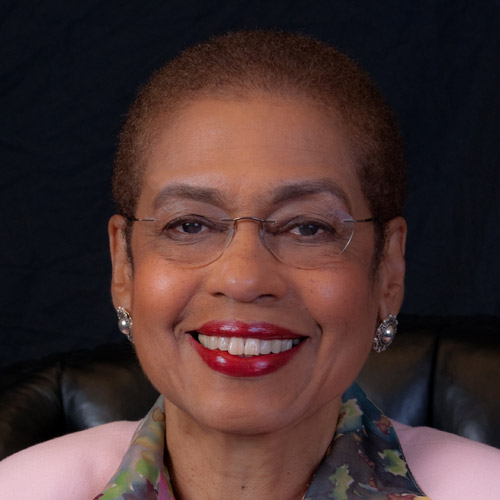
Eleanor Holmes Norton
Civil Rights Leader, Congressperson, Lawyer and Organizer
Eleanor Holmes Norton is a civil rights leader and political organizer. Her work on voting rights dates back to the 1960s and continues today. Norton earned a bachelor’s degree from Antioch College and master’s and law degrees from Yale University. She currently serves as the Congressional Representative for the District of Columbia.
Click here to learn more

Terry Ao Minnis
Senior Director of the Census and Voting Programs, Asian Americans Advancing Justice
Terry Ao Minnis is a voting rights activist who has dedicated her career to fight for the right to equal access to the ballot. Ao Minnis attended the University of Chicago where she earned her bachelor’s degree in economics. She then continued her education at American University’s Washington College of Law where she received her law degree. She is a key leader on campaigns reauthorizing the Voting Rights Act and has written numerous articles and amicus briefs in support of voting rights.
Click here to learn more
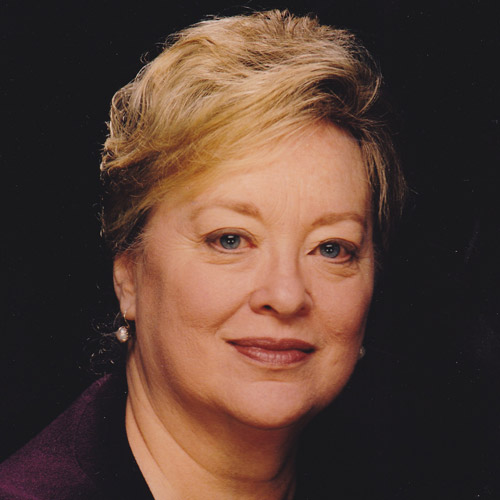
Edith Mayo
Suffrage Historian, Women’s History Movement Activist
Edith Mayo is a historian of the women’s suffrage movement and an activist of the women’s history movement. She is the current curator Emerita for Political History at the Smithsonian National Museum of American History. Mayo has dedicated her career to making women’s history more accessible and inclusive and to making sure women receive balanced representation in museums. She is well known and widely respected for her work in documenting African American suffragist history.
Click here to learn more
DECEASED HONOREES
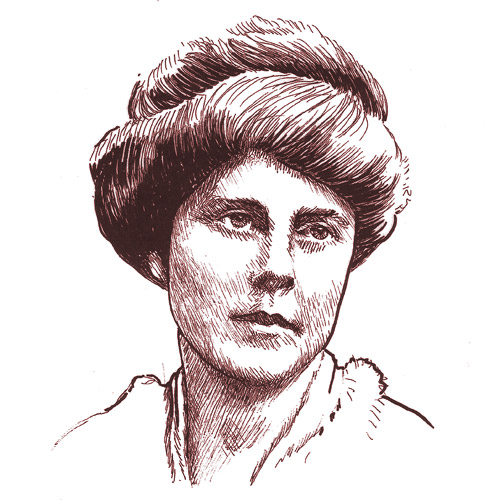
Lucy Burns - July 28, 1879 – December 22, 1966
American Woman Suffrage Activist
Lucy Burns was an American suffragist and women’s rights advocate. Burns left her studies at Vassar College to join the British suffrage movement as a member of the Women’s Social and Political Union (WSPU). During her time oversees, Burns perfected her suffrage protest tactics.
Click here to learn more
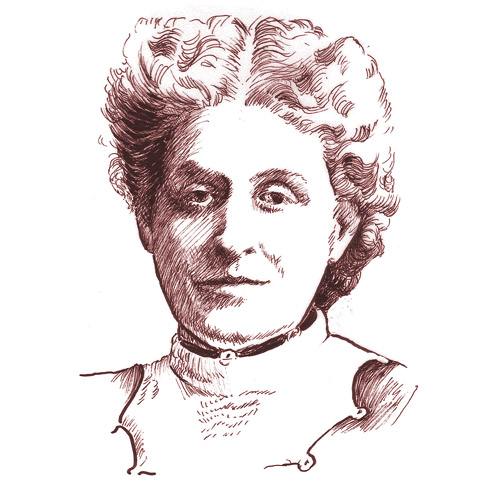
Carrie Chapman Catt - January 9, 1859 – March 9, 1947
American Woman Suffrage Activist
Carrie Chapman Catt was an activist from Iowa who advocated for suffrage during the second generation of suffragists. Catt was trained in political activism under Susan B. Anthony and played a pivotal role in helping women gain the vote. In 1900, Catt succeeded Susan B. Anthony as President of the National American Woman Suffrage Association (NAWSA).
Click here to learn more
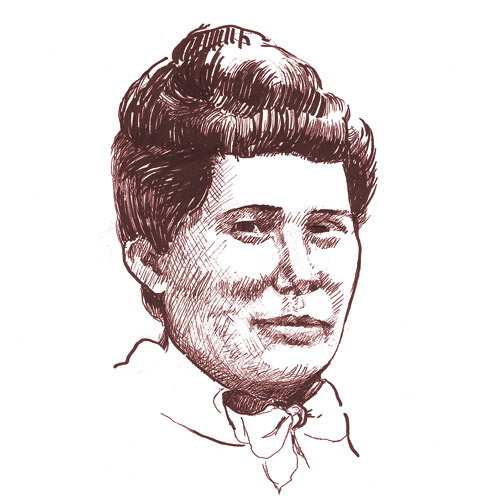
Wilhelmina Kekelaokalaninui Widemann Dowsett - Mar 28, 1861 - Dec 10, 1929
Suffragist, founder of the National Women’s Equal Suffrage Association of Hawai’i
Wilhelmina Kekelaokalaninui Widemann Dowsett was a fierce advocate for the enfranchisement of all women. After the forced annexation of Hawai’i, suffragists from the mainland saw an opportunity for the newly acquired United States territory to grant women the right to vote.
Click here to learn more
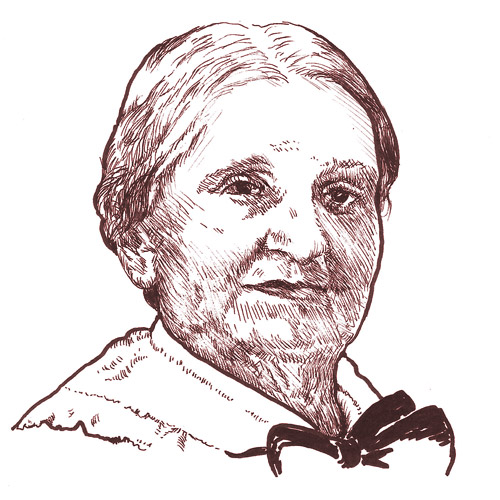
Ana Roqué de Duprey - April 18, 1853 – 1933
Suffragist and Co-founder of the University of Puerto Rico
Click here to learn more
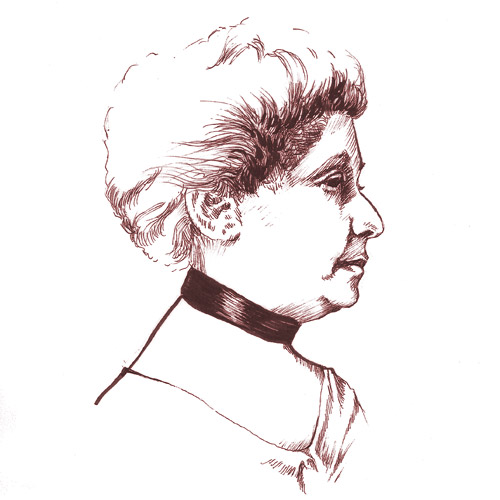
Elizabeth Piper Ensley - 1847-1919
Educator and African-American suffragist
Click here to learn more
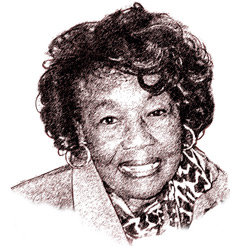
Marie Foster - October 24, 1917 – September 6, 2003
Civil Rights Leader
Marie Foster was born in rural Wilcox County, Alabama. Because of the overt and non-ending racism Marie Foster faced daily, she became a courageous and unrelenting leader in the Civil Rights Movement during the 1960s. She worked closely with Martin Luther King Jr. and other civil rights leaders in Alabama to secure the right to vote for African Americans.
Click here to learn more
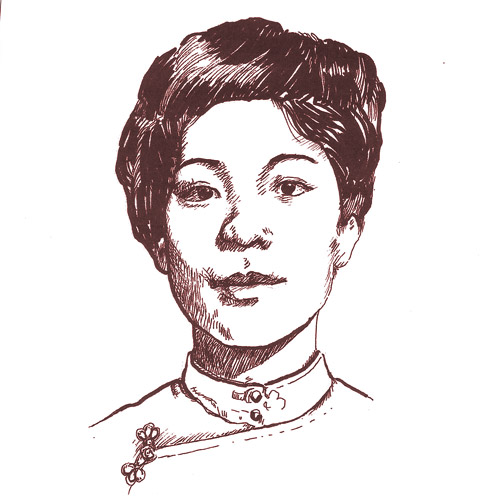
Dr. Mabel Ping-Hua Lee - 1896-1966
Suffragist, member of the Women’s Political Equality League
Mabel Ping-Hua Lee was born in 1896 in Guangzhou, China. Lee emigrated to the United States and attended Barnard College and Columbia University. Upon earning her Ph.D. in economics in 1921, she became the first woman to obtain a PhD. from Columbia University.
Click here to learn more
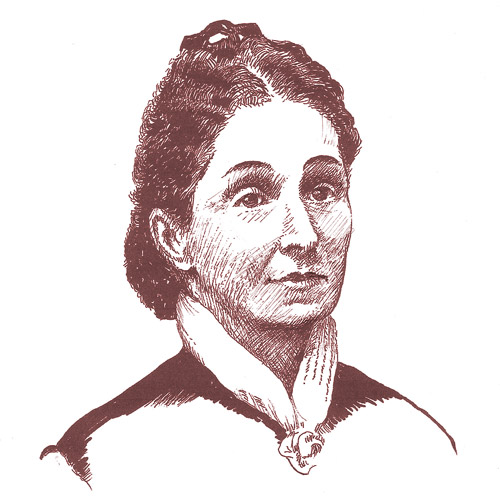
Virginia Louisa Minor - March 27, 1824 – August 14, 1894
American Women Suffrage Activist
Virginia Louisa Minor was a courageous activist who took an active role in founding the Woman Suffrage Association of Missouri. It was the first organization in the United States to focus on the women’s rights, even predating the National Woman’s Suffrage Association (NWSA) founded by Susan B. Anthony and Elizabeth Cady Stanton.
Click here to learn more
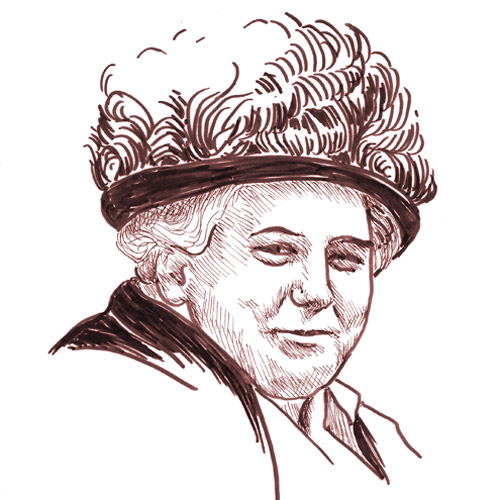
Anna Howard Shaw - February 14, 1847 – July 2, 1919
American Woman Suffrage Activist
Dr. Anna Howard Shaw was a leader of the women’s suffrage movement in the United States who was especially known for her affiliation with the National American Woman’s Suffrage Association (NAWSA).
